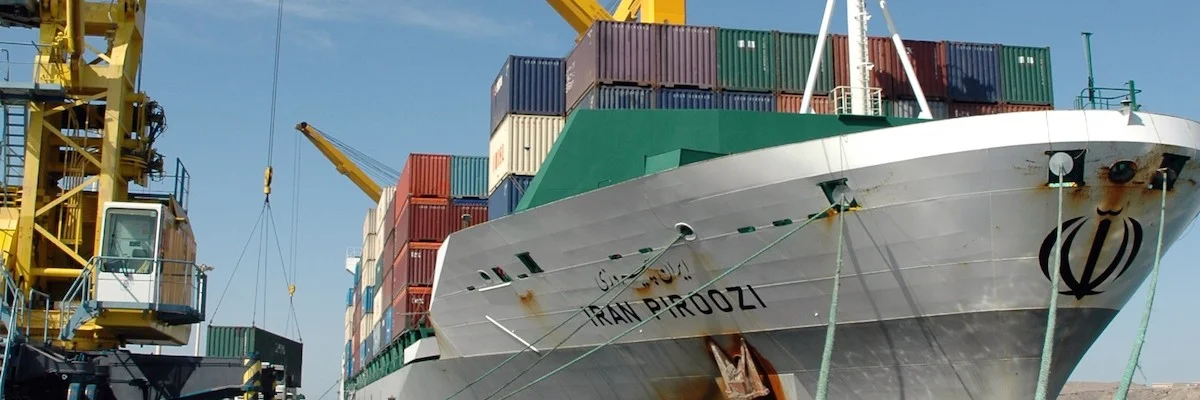In these interviews, two Iranian pharmaceutical executives detail an acute need for some medicines and shed light on some of the regulatory, operational, and integrity risks that foreign pharmaceutical companies face on the ground.
asdasdasdasdasdasdasdasdasdasd





















